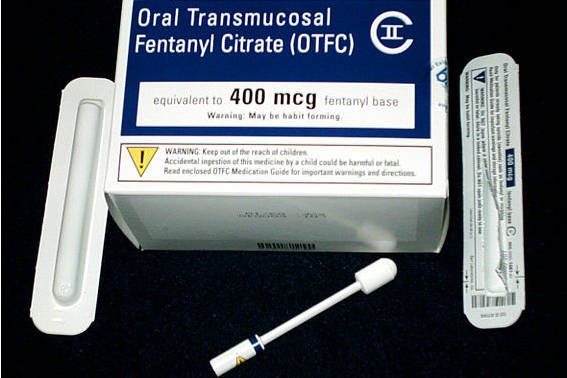Last year, at least 41 people died from the drug fentanyl in King, Pierce, Snohomish and Spokane Counties, according to a new study from the University of Washington’s Alcohol and Drug Abuse Institute (ADAI). The vast majority of deaths involved fentanyl that was either illicit or of unknown origin, as opposed to prescribed. Fentanyl, originally marketed as Sublimaze, is a synthetic opioid that is much stronger and easier to overdose on than regular heroin.
It’s important not to overstate the scope of the fentanyl problem. By comparison, in 2015 heroin overdoses in King County alone killed 132 people; in some states, fentanyl is now involved in about 75 percent of all heroin overdoses.
The study notes that deaths from fentanyl of unknown origin are associated with younger users who often mix in other drugs. “The pattern of co-ingestant use among the unknown-fentanyl deaths closely resembles that of heroin involved drug caused deaths…in recent years,” writes Dr. Caleb Banta-Green, director of ADAI and author of the study.
A small minority of the deaths were caused by prescription fentanyl—also known as Actiq, Fentora, or Duragesic—last year. According to the report, these tended to be older users who did not co-ingest with other drugs.
The relatively small size of the study makes it difficult to draw definite conclusions, writes Banta-Green. He suggests that an easy way to collect better data for future studies is for medical examiners and coroners to note whether fentanyl they’ve found is likely to be from a pharmacy, as they already do for morphine.
“We are left, for the present time,” he writes, “with clear warning signs of a possible emergent drug phenomenon.”
Seattle and King County are currently preparing to launch a pair of safe drug sites, also called CHELs, to reduce drug overdose deaths and connect users to services. A similar site has been running in Vancouver, B.C. since 2003. Since then, it’s hosted thousands of drug overdoses and no deaths. In January, three people on Aurora Avenue died within hours of each other from heroin overdoses, causing police to suspect they may have all consumed fentanyl-laced heroin from a single source.
cjaywork@seattleweekly.com
This post has been updated.








